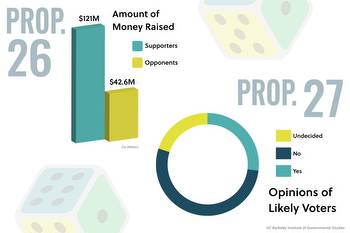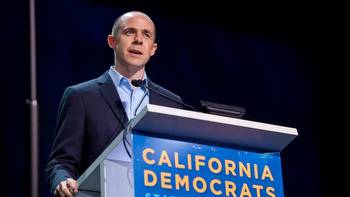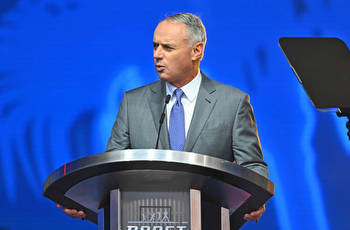Sportsbooks Strike Back in California Ad Wars

Sportsbooks are fighting for Proposition 27, which would legalize online sports betting in California. The other one, Proposition 26, is backed by a coalition of 50+ native tribes and would restrict all legal sports bets to tribal casinos and four horse-racing tracks. A failure to pass the bill would prevent the major operators backing the legislation from earning $3.5 billion in annual revenues. The new statewide ad released last week by the sportsbooks claims that Prop 27 would raise substantial sums for underfunded homeless and health care groups.
Prop 27 is a bill that would provide long-term funding for homeless services. It has the support of several Democratic mayors and a number of homeless advocacy groups. However, the latest ad may be one of many that are confusing voters. Eilers & Krejcik analysts predicted both Props 26 and 27 would be defeated due to voter confusion. They cited the competing messages from tribal casinos, online sports betting operators and sports leagues.
Los Angeles Times urges voters to reject Propositions 26 and 27. Sports gamblers wagered $7 billion last month. If the companies that own betting platforms or the tribes that run casinos come out victorious, California will be the next state to embrace this scheme.
Sportsbooks are facing a tough choice between increasing ad spending on betting legislation and cutting back marketing efforts. The committees backing Prop 27 and the rival Prop 26 have spent a combined $424 million in their bid to legalize (or restrict) various forms of sports betting.
Tribes are planning to propose a new ballot measure in 2024 to legalize online sports betting in California. They want to protect their "exclusivity" over the state's gaming industry. The bill would leave control of mobile wagering in the hands of the tribes. The current "dangers" of online betting are not the only reason for the opposition to it. It's also about the real reason behind the current campaign against it, which is to prevent commercial operators coming into the market.






























